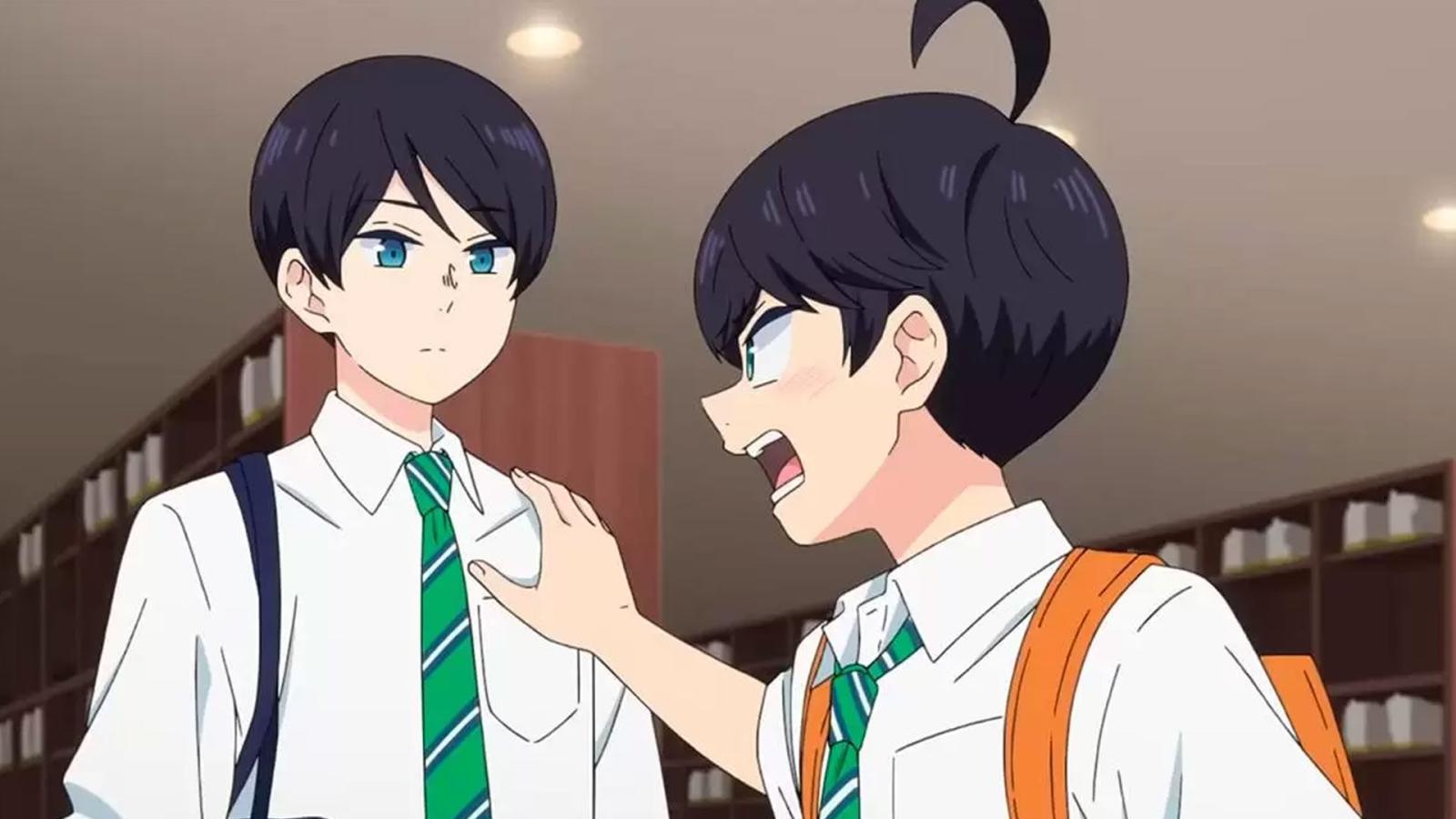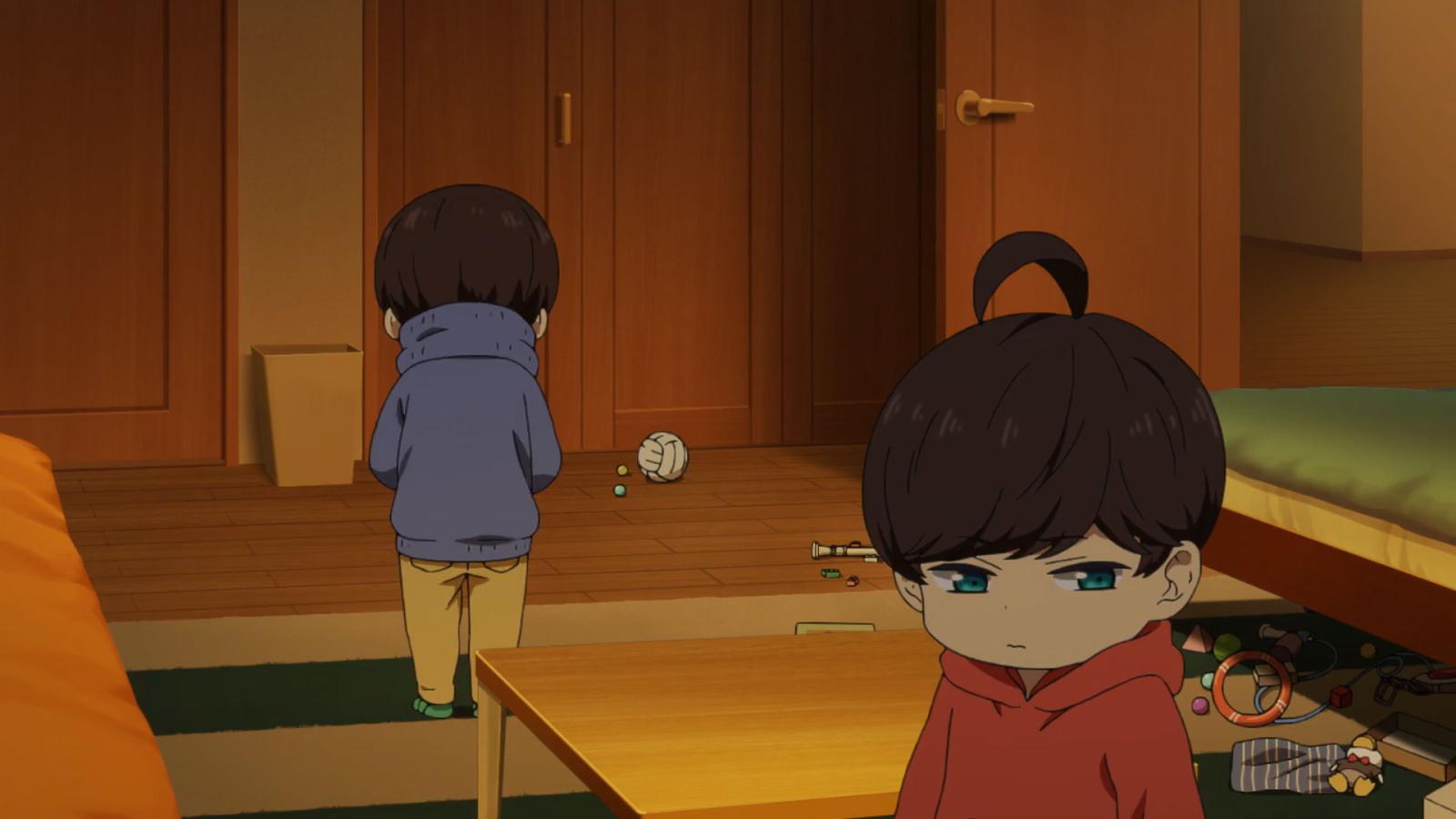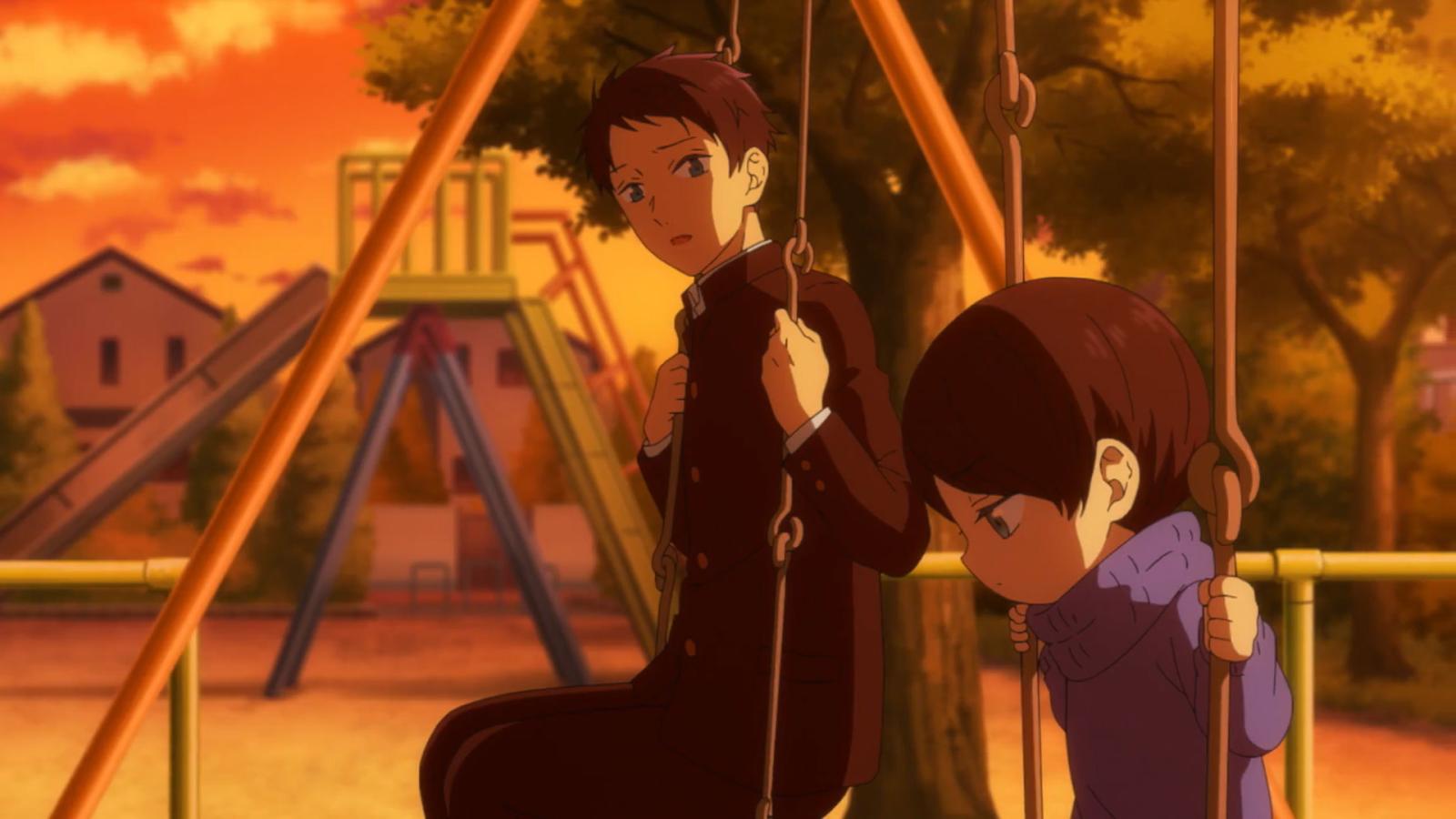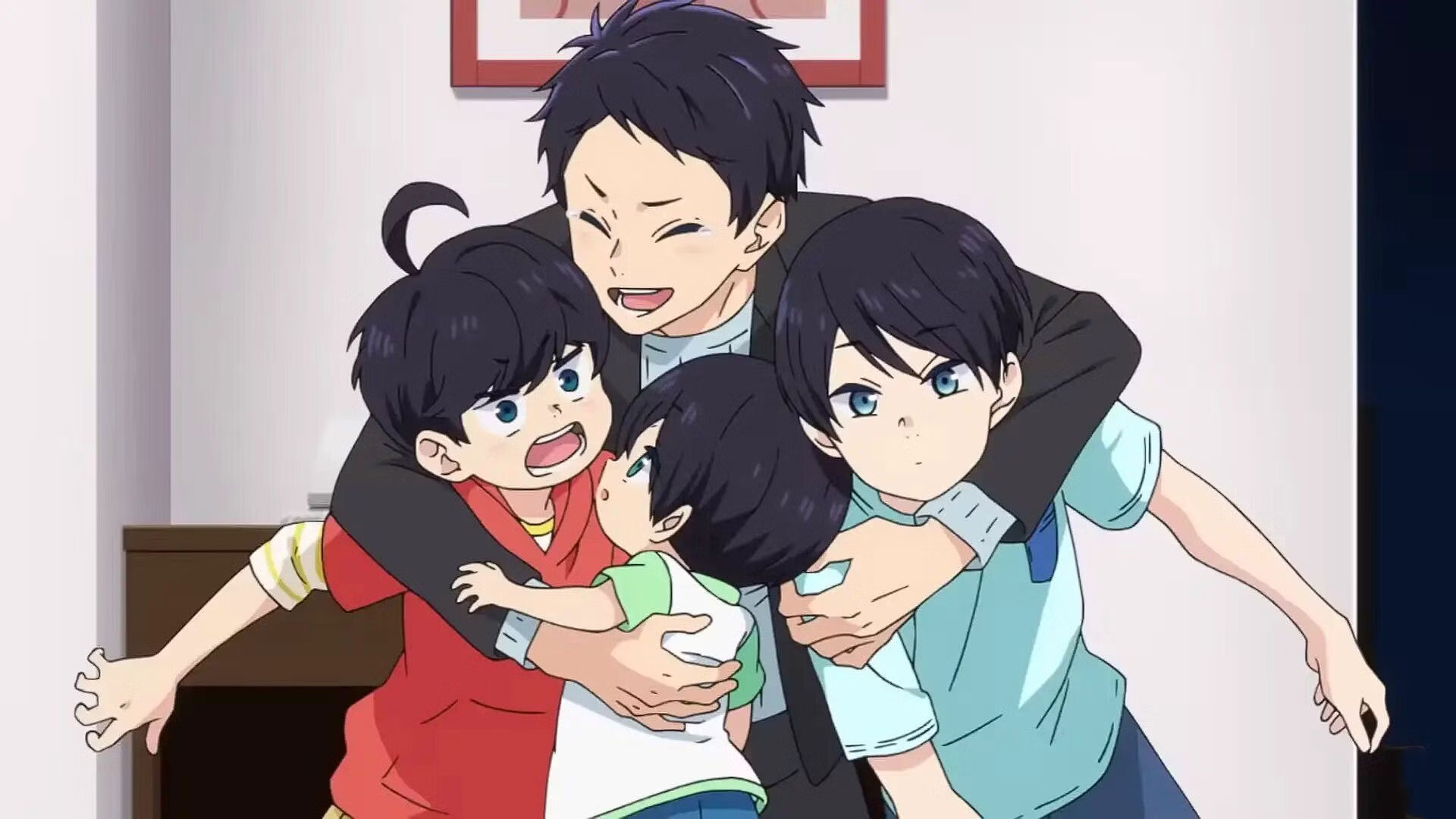Being an older brother might be a royal pain in the *ss, but in the end, it's still rewarding.
The Yuzuki Family's Four Sons" (Yuzuki-san Chi no Yonkyoudai) explores the complexities of brotherhood. The second episode delves deeply into this topic by examining the relationship between Mikoto and Minato.
Major spoilers ahead!
Mikoto is eleven months older than Minato, and it appears that Minato was born too early, prematurely, which resulted in the two boys being in the same classes throughout their lives. Minato remains upset about it and generally does not enjoy admitting that Mikoto is older. On the other hand, Mikoto has made peace with the situation, and he did so pretty early on.
Mikoto and Minato's Childhood Drama

When the boys were very young, Mikoto, quite naturally, felt like he had not had enough time to be the youngest. Besides, with Minato being born early, he was often ill, and that took away attention from Mikoto. Finally, Minato was a little intense, with constant tantrums and actions that demanded parents' attention. Overall, Mikoto did not enjoy being an older brother because he wanted the attention Minato was getting, which is a natural need in a young child.
Being older did come with perks, though, especially if you consider that Mikoto was generally better at school-related things. And that is why Minato felt unhappy; he wanted to be the best, but he was too young to perform well, for example, in calligraphy. He literally did not have enough control over his hands, being so young. He did not have the words to explain his feelings, so he just did small but nasty things to Mikoto. For example, he would sabotage Mikoto's writing sheets, which were much neater and better than Minato's.
The brothers did not get along very well for a rather long time, both feeling like they did not have enough space from each other and like they had to compete for their parents' attention. While completely normal for that age, their parents did not seem to be able to see the problem and intervene.
The Meltdown Moment

Things came to a halt one day when Mikoto told Minato that he wished Minato had never been born. Naturally, this is not a sentiment that is good to share with a younger brother, and in Mikoto's defense, he likely did not mean it. However, the words hurt Minato nonetheless, reducing him to tears, and they did not help Mikoto either. It was a mean thing to say, but it was said in a fit of rage, and Mikoto, after cooling down, admitted that what he had said was terrible.
Fortunately, they had Hayato, the oldest brother, who could teach Minato a thing or two. After that disastrous conversation with Minato, Mikoto had a talk with Hayato, more or less asking him to teach Mikoto to be a good big brother. Hayato spoke of his own experience being an older brother and how he found his younger brothers cute, which helped Mikoto see that brotherhood can be rewarding. And as Mikoto started to apply this advice, for example, by helping Minato in the classroom, he became more and more happy to be Minato's brother.
Siblings who are close in age often feel like they have to compete for parents' affection or like they do not have the space to figure themselves out because of their slightly younger or slightly older siblings. It is also common for parents to pay more attention to a child that misbehaves, which is natural but also encourages misbehavior. In the end, the episode shows a situation in which both children's needs are not fully met, and they cannot even articulate what those needs are.
…And Here's When Siblings Step Up

An interesting twist in The Yuzuki Family's Four Sons is that it is the oldest son and not the parents who observes and manages the crisis in the relationship between Mikoto and Minato. It would have been more logical for parents to intervene, but they do not appear in the series much, not even in the flashbacks where they were alive.
As a result, it is truly the Yuzuki Family's sons that manage the crisis, and Hayato proves to be perfectly equipped to manage the issue. After all, being a big brother is something he knows how to do, and he is clearly ready and willing to communicate with his brothers, even if the topic is exceptionally complex.
Mikoto's and Minato's experience is a common feeling among siblings, and it is great that an anime devoted to a family tackles this topic with such attention and care. The series shows children trying to cope with complex emotions while having absolutely no tools to address them, and the episode does not blame anyone. Instead, it shows the importance of communication within a family that should involve everyone, even the ones who are too young to explain what they are feeling.

